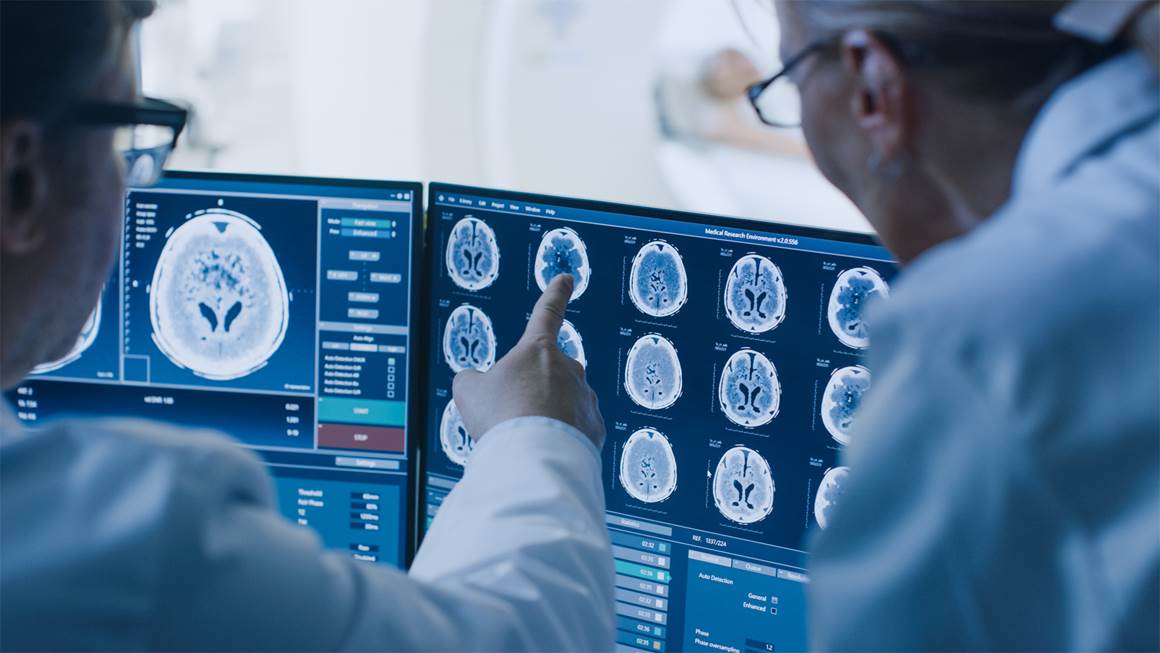In Canada, 20% more people die of heart and brain related conditions than from all cancers. The heart and brain are so connected that developing one condition means being at risk of others. For example, people with heart failure are three times more likely to have a stroke.
Yet our healthcare system is based on a “single disease” model, with different conditions typically treated by different specialists.
Change is coming with the recent announcement of the $6 million Heart-Brain Connection IMPACT Award, a groundbreaking collaboration between Heart & Stroke and Brain Canada.
This award will fund two multi-disciplinary research teams involving close to 100 experts across Canada, over four years.
One team is led by Dr. Peter Liu, a cardiologist at the University of Ottawa. He is motivated by “seeing patients fall through the cracks created when heart and brain conditions are treated and researched separately.” His project aims to develop new tools to predict who is at risk, and new treatments to protect both heart and brain.
Putting research into action by sharing knowledge and results are critical components of this award.
Dr. Douglas Lee, of the Peter Munk Cardiac Centre in Toronto’s University Health Network, heads the other team. His study will find better ways to diagnose possible strokes early and prevent devastating effects such as paralysis.
The teams include expertise ranging from engineering to population health. Uniquely, they also include people with lived experience of heart and brain diseases, to ensure that the research is focused on solving real, pressing needs.
This innovative, four-year collaboration is a critical new step toward building a better understanding of the heart-brain connection and improving health outcomes for all Canadians.
- Learn more about the heart-brain IMPACT award
- Explore more Heart & Stroke research

